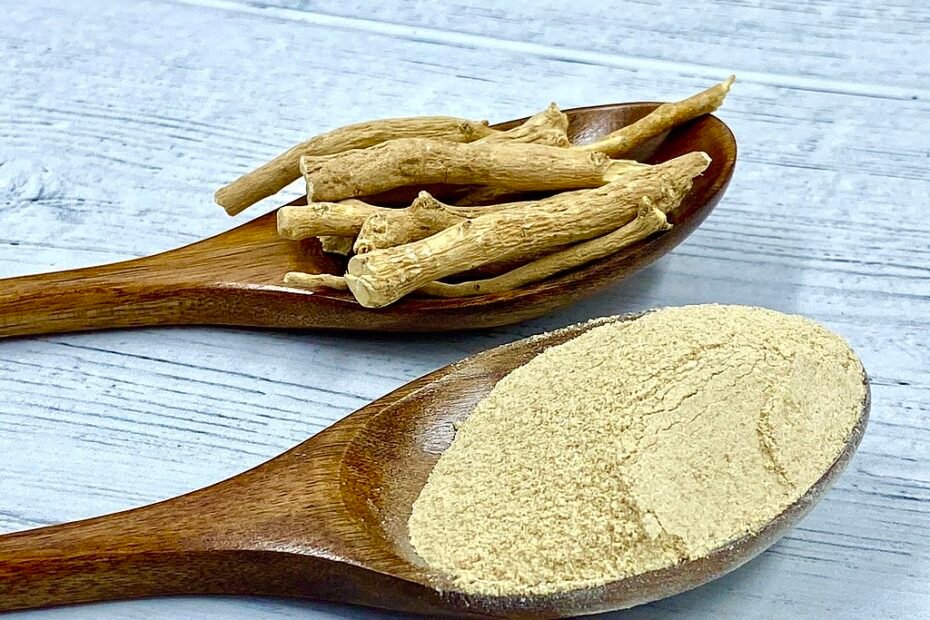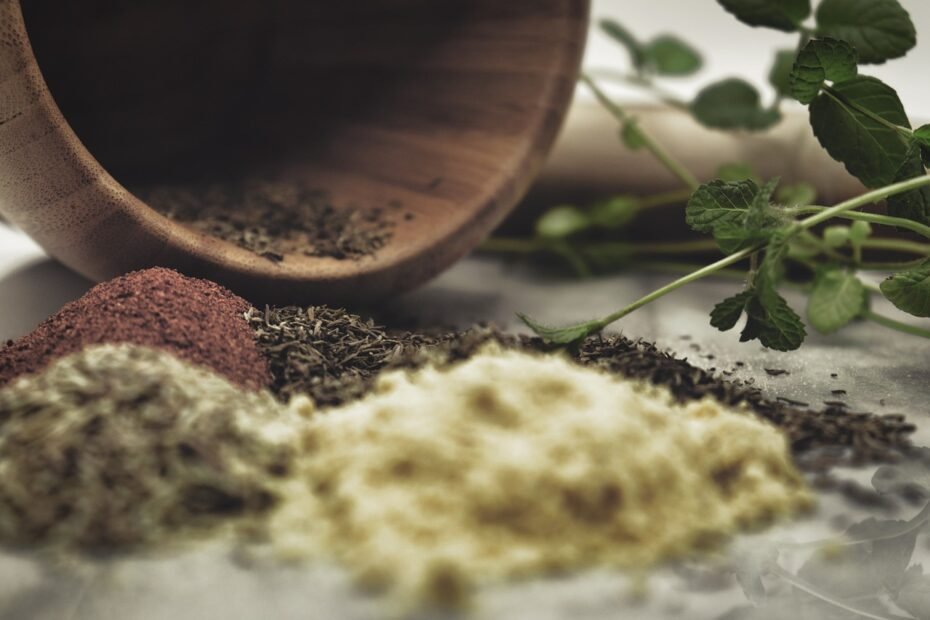At some point in life, many couples are drawn to the desire to start a family. This journey towards parenthood is beautiful yet challenging, often fraught with various emotional and physical hurdles. For those seeking natural aids to support fertility, Shatavari, an ancient Ayurvedic herb, offers a promising path. This blog delves into the role of Shatavari in enhancing fertility, its historical significance, and the potential benefits it brings to those on the journey towards conception.
What is Shatavari?
Shatavari, scientifically known as Asparagus racemosus, is a plant native to India, well-renowned in Ayurvedic medicine for its adaptogenic properties and its role as a rasayana or rejuvenating herb. Traditionally, it has been referred to as “the queen of herbs” due to its extensive use in women’s health, particularly for reproductive and hormonal balance.
Historical Significance in Ayurveda
With a history that spans thousands of years, the use of Shatavari is deeply rooted in Ayurvedic practices. Texts dating back centuries have documented its use in supporting female reproductive health, likening the many benefits of Shatavari to the nurturing qualities of a hundred roots—an interpretation of its name, which translates to “one who possesses a hundred husbands.” This metaphor underscores the plant’s reputed ability to enhance fertility and reproductive health.
Shatavari and Female Reproductive Health
Shatavari’s role in promoting fertility primarily hinges on its adaptogenic and phytoestrogenic properties. Adaptogens are herbal remedies that help the body adapt to stress and restore physiological balance, while phytoestrogens are plant-derived compounds that mimic the hormone estrogen in the body.
The potential of Shatavari in aiding fertility stems largely from its adaptogenic and phytoestrogenic properties, which help balance hormones and support overall reproductive health.
Hormonal Balance
Hormonal irregularities are a common cause of fertility issues in women. Shatavari’s phytoestrogenic properties can help balance estrogen levels, a crucial hormone in the reproductive cycle. By maintaining hormonal equilibrium, Shatavari supports regular ovulation and menstrual cycles, both fundamental aspects of fertility.
Reduction of Stress and Anxiety
Stress is a significant factor that can negatively impact fertility. The adaptogenic properties of Shatavari help the body cope with physical and emotional stress, fostering a more conducive environment for conception. Reduced stress levels can improve reproductive function by balancing hormones and promoting overall well-being.
Support for the Digestive System
A healthy digestive system is fundamental for overall health, including reproductive health. Shatavari’s soothing properties aid digestion, ensuring that the body can effectively absorb nutrients essential for reproductive function. A well-nourished body is better equipped to support a healthy pregnancy.
Shatavari’s Role in Male Fertility
While Shatavari is often associated with female reproductive health, it also offers benefits for male fertility. The herb is known to enhance sperm count and motility, which are critical factors in male fertility. Its antioxidant properties can protect sperm from damage, thereby improving overall sperm quality.
Improved Sperm Count and Quality
Studies have shown that Shatavari can increase sperm count and improve sperm motility, essential factors for successful conception. By enhancing these aspects of male fertility, Shatavari plays a supportive role in the journey towards parenthood.
Antioxidant Properties
Oxidative stress can adversely affect sperm quality and overall male reproductive health. Shatavari’s antioxidant properties help combat oxidative stress, protecting sperm from damage and improving their viability. This makes it a valuable herb for male fertility.
Scientific Evidence Supporting Shatavari for Fertility
A growing body of scientific evidence supports the traditional claims of Shatavari’s benefits for fertility. Studies have demonstrated its effectiveness in regulating menstrual cycles, improving ovarian function, and enhancing overall reproductive health in women.
Several studies have provided evidence supporting Shatavari’s effectiveness in regulating menstrual cycles, improving ovarian function, and enhancing overall reproductive health in women.
Regulation of Menstrual Cycles
Research indicates that Shatavari can help regulate menstrual cycles by balancing estrogen levels and supporting ovarian function. Regular menstrual cycles are a key component of female fertility, and Shatavari’s ability to promote hormonal balance is crucial in this regard.
Improvement in Ovarian Function
Studies have shown that Shatavari can enhance ovarian function, leading to improved egg quality and increased chances of conception. By supporting ovarian health, Shatavari contributes to a healthier reproductive system and greater fertility.
Integrating Shatavari into a Fertility Support Plan
While Shatavari offers promising benefits for fertility, it is essential to approach its use as part of a comprehensive fertility plan. Integrating Shatavari into a balanced lifestyle that includes proper nutrition, regular exercise, and stress management can maximize its potential benefits.
Those interested in learning more about the specific benefits of Shatavari can explore additional resources.
Conclusion
Shatavari stands out as a powerful ally for those on the path to parenthood, offering a natural way to enhance fertility through its adaptogenic and phytoestrogenic properties. Whether supporting hormonal balance in women or improving sperm quality in men, Shatavari provides a holistic approach to reproductive health. To optimize its benefits, consider incorporating Shatavari into a comprehensive fertility support plan and consult with a healthcare professional to ensure its suitability for your individual needs. For more detailed insights into the benefits of Shatavari, check out this informative blog.
Disclaimer: This blog is for informational purposes only and should not be considered medical advice. Always consult a healthcare professional before starting any new supplement or treatment plan.
Sources
- Andallu B, Radhika B. “Hypoglycemic, diuretic and hypolipidemic effect of Asparagus racemosus in elderly normal and NIDDM subjects.” J Ethnopharmacol. 2000.
- Goyal RK, Patel NM, Mehta AA. “Phyto-pharmacology of Asparagus racemosus – an overview.” Nat Prod Rad. 2003.
- Thakur M, Bhargava S, Dixit VK. “Immunomodulatory activity of Chlorophytum borivilianum and Asparagus racemosus.” Nat Prod Rad. 2007.


